PanAfGeo - Phase 2: Pan-African support to geosciences and technology in the framework of the Africa-EU partnership


Content
PanAfGeo was an initiative co-financed by the EU, launched in 2016. It contributed to the transfer of knowledge between European and African geological surveys. The PanAfGeo project also provided institutional strengthening for numerous African national institutions managing geology- and mining-related topics.
The PanAfGeo community announced the launch of the second phase of the project in 2021, which aimed to build upon the achievements of its first phase over the following three years.
With the support of the European Union and the African Union under the Africa-EU partnership, PanAfGeo-2 continued to serve as a reference for intercontinental cooperation and development in geosciences. It was implemented through a project consortium coordinated by the French Geological Survey (BRGM) as the lead partner, along with 11 European geological surveys and EuroGeoSurveys (EGS). Together with the Organization of African Geological Surveys (OAGS) and African geological surveys, PanAfGeo-2 developed a series of knowledge exchange programmes for African geoscientists. These programmes provided access to state-of-the-art tools and training in new methods and skills across eight geoscientific fields:
- Geological mapping
- Mineral resources
- Local exploitation of mineral raw materials
- Geoheritage and geothermal energy
- Natural hazards and environmental mine management
- Geo-resource management and institutional strengthening between OAGS/GSO
- Geoinformatics
- Project results dissemination, communication, and dialogue
The project supported the training of geoscientific staff from African geological surveys through various innovative training methods. It encompassed the acquisition and development of professional skills complementing the participants' technical qualifications, under the guidance of African and European geoscientists with extensive international experience. PanAfGeo-2 aimed to strengthen capacities at political, institutional, and technical levels, focusing on geological resource management. At the governance and scientific level, senior African geoscientists were involved in designing long-term "train-the-trainer" programmes to ensure the continuation of post-project activities.
